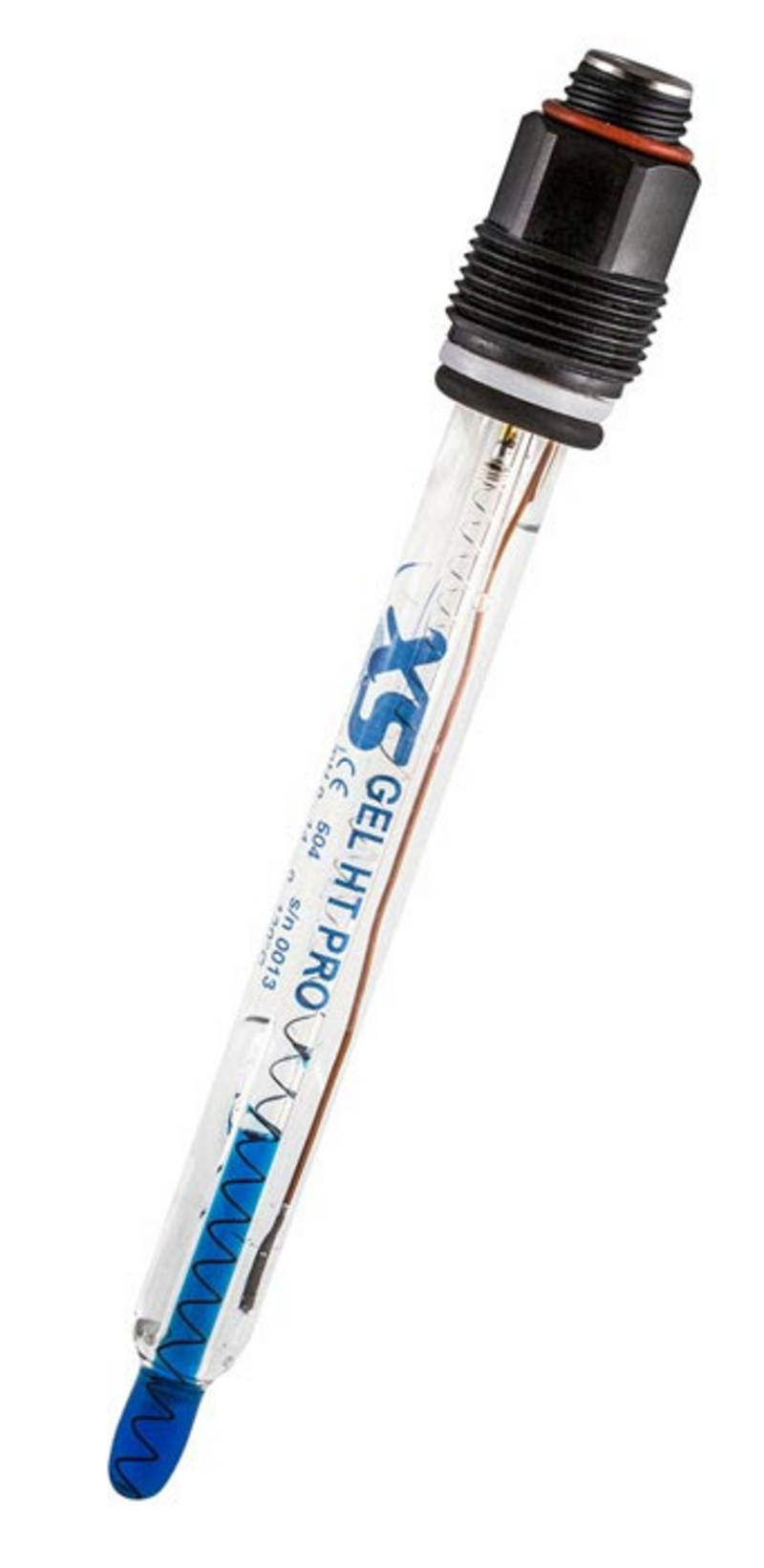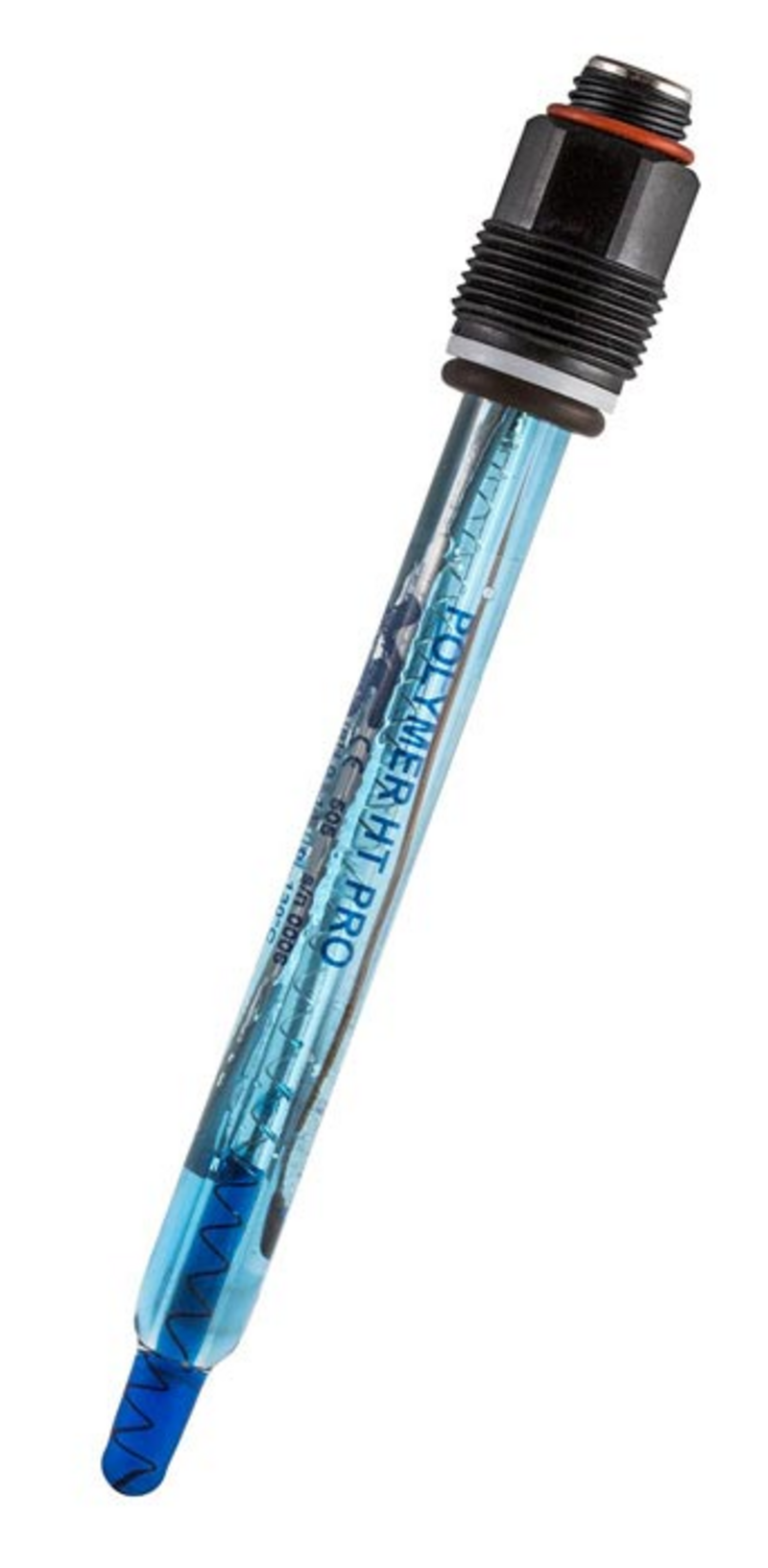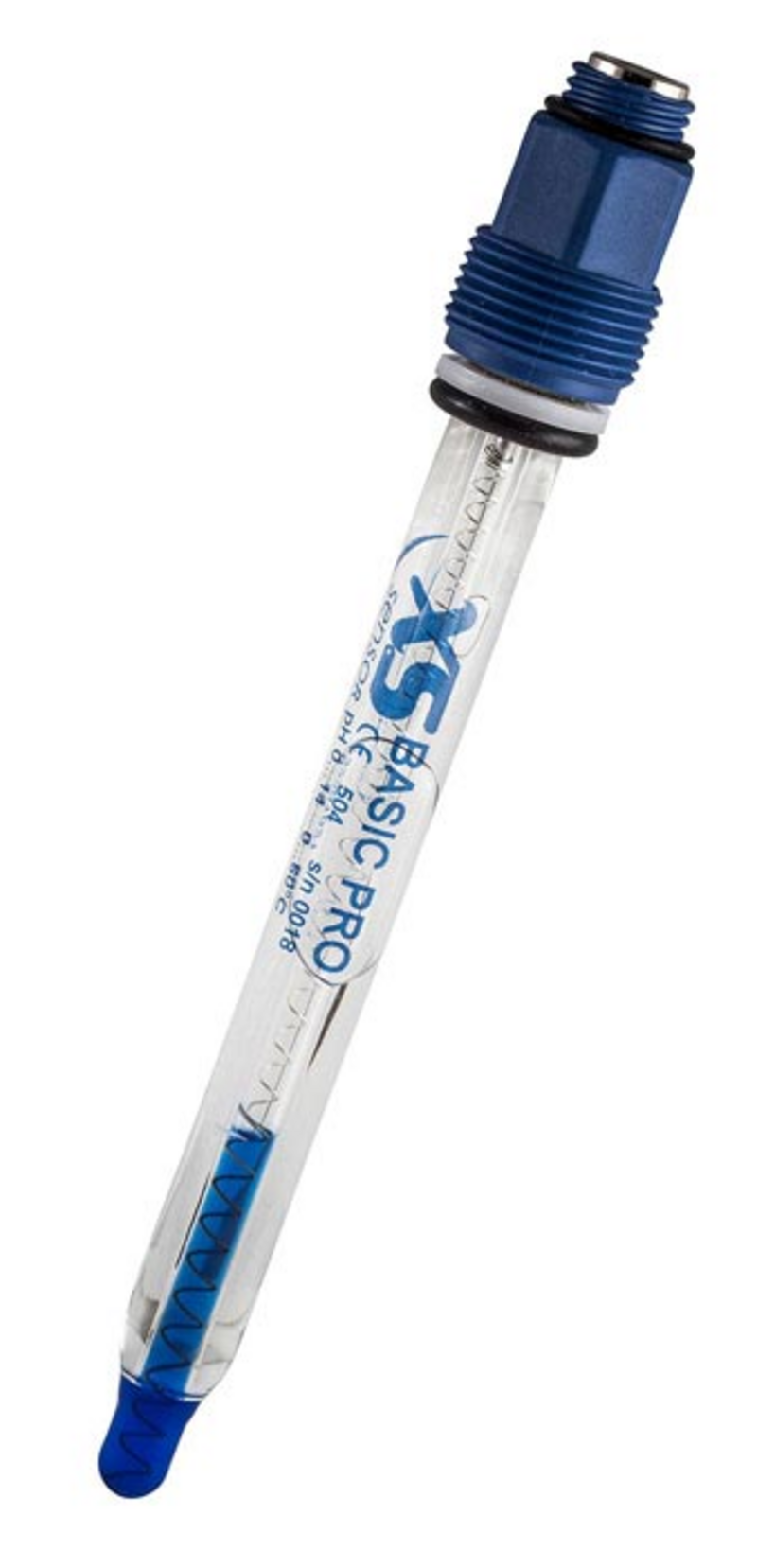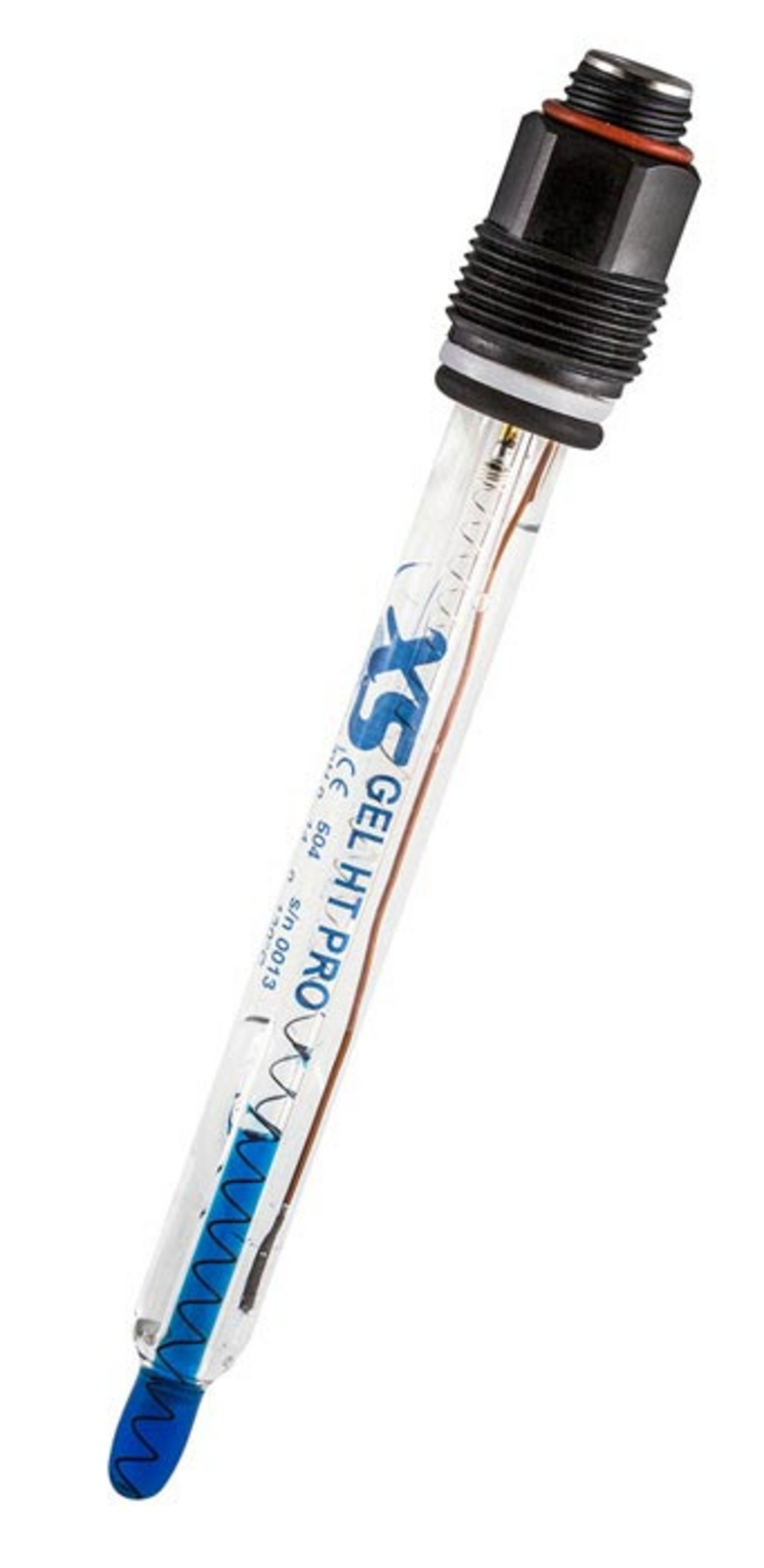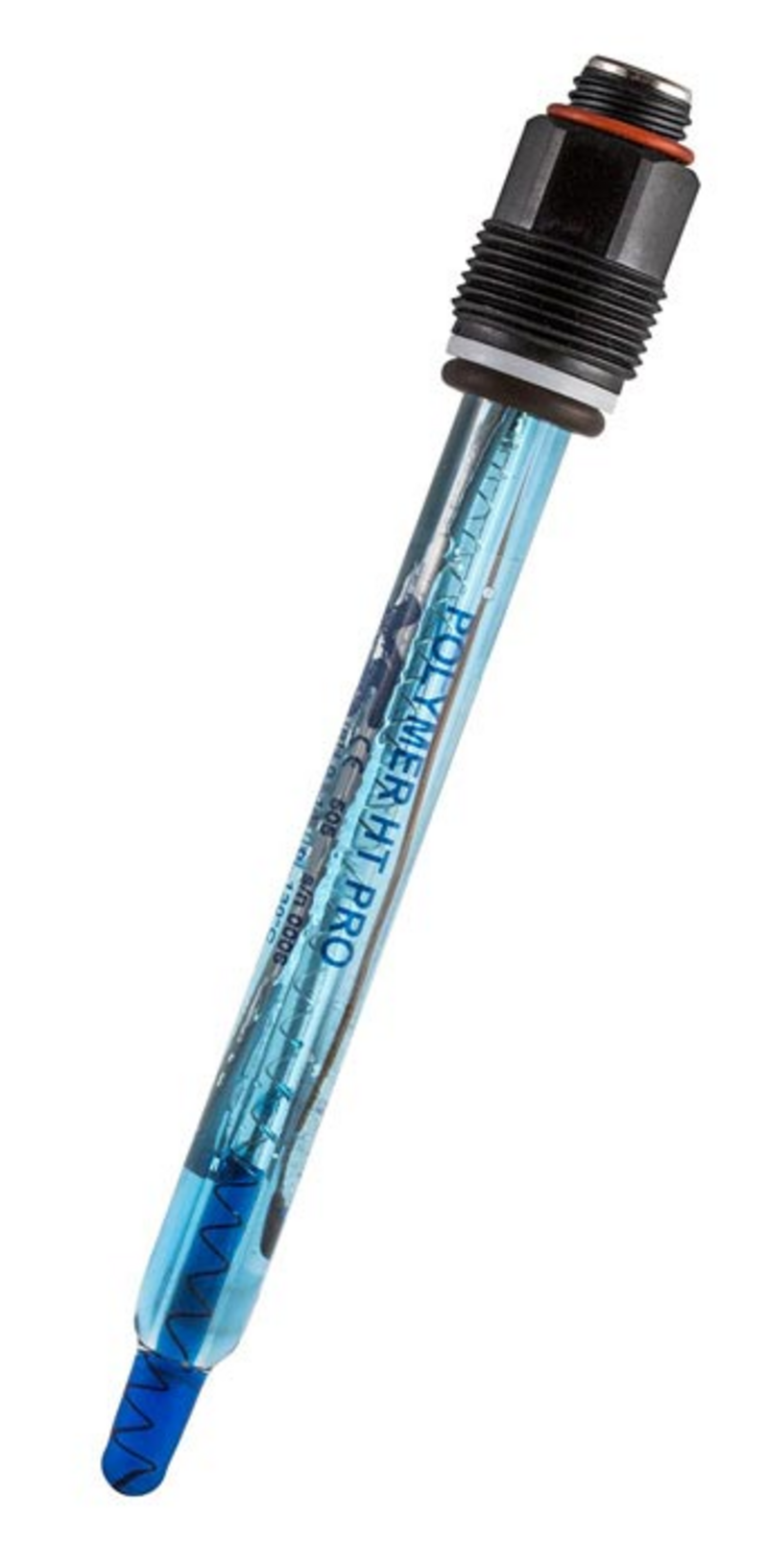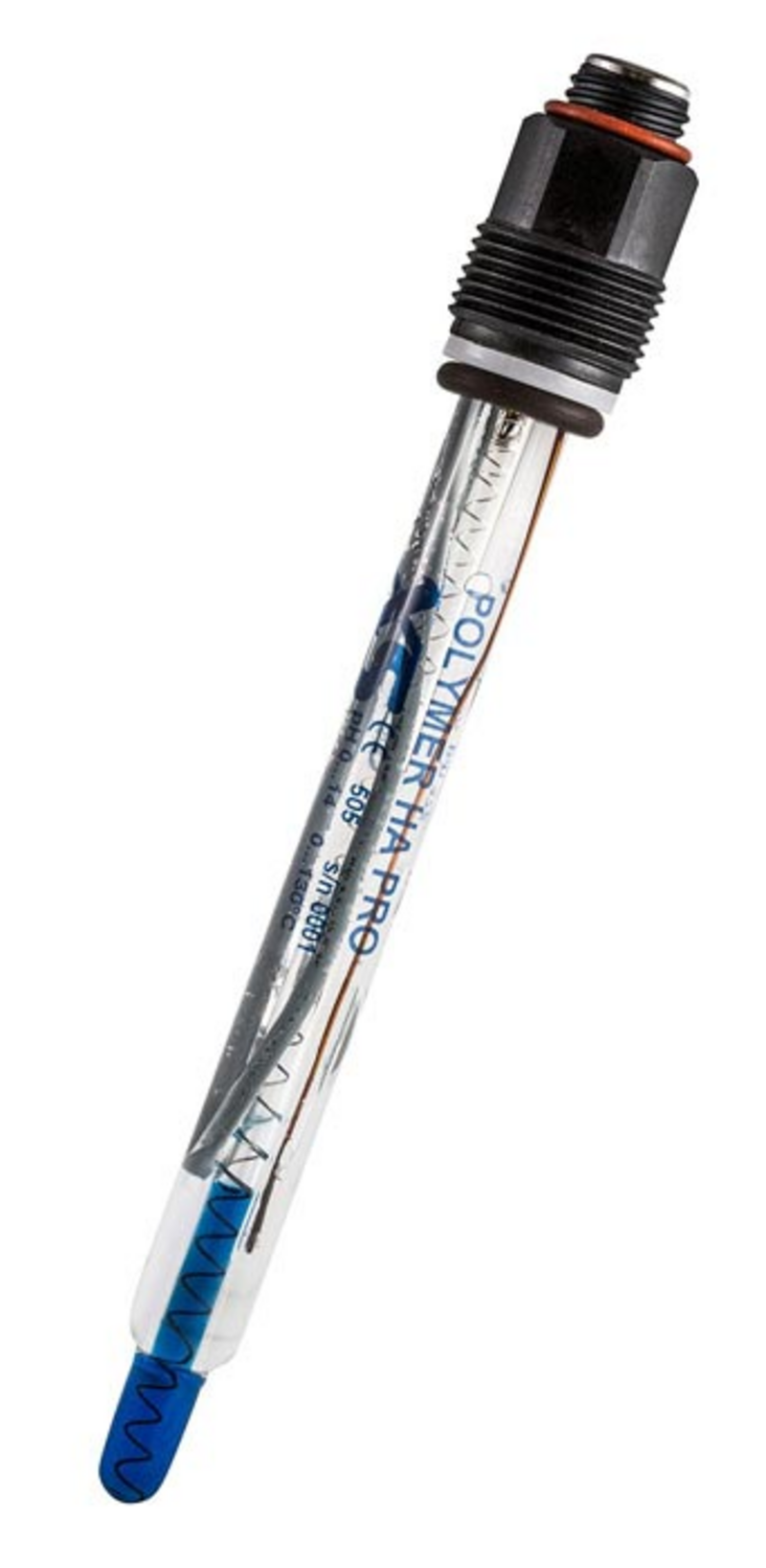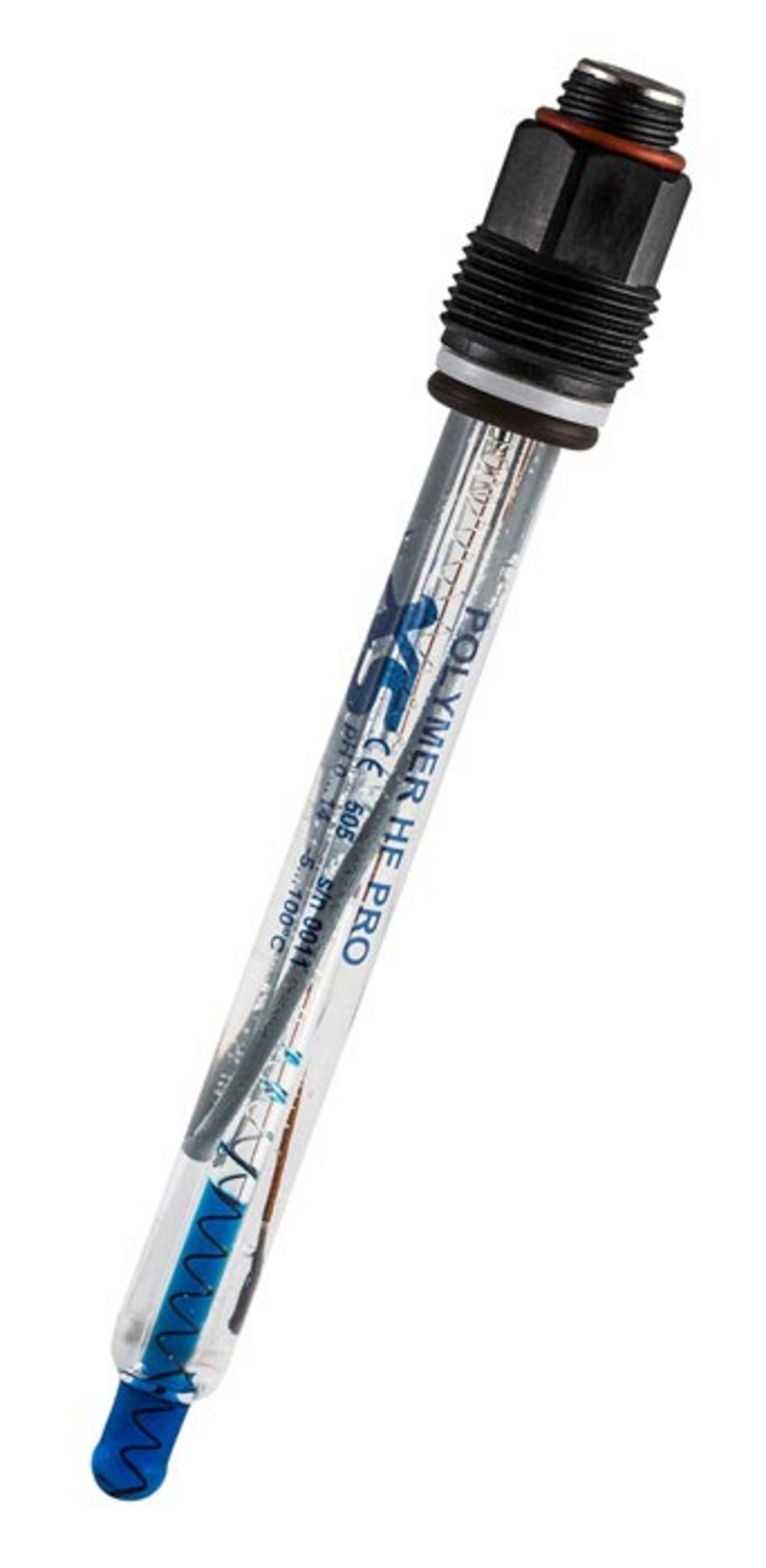pH electrodes
XS SENSORS: IDEAL FOR YOUR ELECTROCHEMICAL MEASUREMENTS The pH electrode is a sensor with a glass membrane that is sensitive to H+ ion activity. It transforms this activity into a proportional electrical signal. This electrical signal via a digital instrument (pH meter) is transformed into pH units. The electrodes marketed by Giorgio Bormac srl are produced by a leading Swiss Manufacturer and are synonymous with precision and quality. The line of electrodes marketed includes a wide range of electrodes suitable for a wide variety of applications ranging from the food industry to the chemical industry, from environmental analysis to quality control; they are suitable for both laboratory measurements and complex industrial processes. Contrary to what is sometimes thought, there is no universal electrode, but there are different electrodes specific to each application. Choosing a suitable electrode is critical to the quality of the measurement itself and to the life of the electrode; using an unsuitable electrode can result in measurement error and significantly reduce the life of the electrode. The pH sensor consists of 2 electrodes, a measuring electrode and a reference electrode. The measuring electrode has a glass membrane, which is sensitive to H+ ion activity. The reference electrode is constructed of a silver wire coated with silver chloride immersed in a liquid or semisolid electrolyte. The advancement of technology has made it possible to combine the 2 electrodes into a single body, the sensor built with this technology is called a combined monotubular electrode. The electrode, when measuring, should operate in a vertical position, with open side refill cap (only for electrodes with refillable electrolyte) with the membrane and side ceramic diaphragm fully immersed in the sample. Once immersed, it should be shaken for a few seconds and wait for measurement stability. When the measurement is finished, wash the electrode with distilled water, dry it with paper, without rubbing, and store it in the storage solution. It is important not to store the electrode in distilled water, as it makes the measurement very slow, and irreparably damages the electrode. The pH electrode is an active sensor; it generates a potential, so it depletes its effectiveness over time. Indicatively, the average lifespan of an electrode is one to three years at room temperature, while at high temperatures it is drastically reduced. Another factor that determines the life of the electrode is the aggressiveness of the sample in which it is immersed; opposite extremes of measurement ( pH 0-2 and pH 12-14) reduce the life and efficiency of the measuring membrane.



